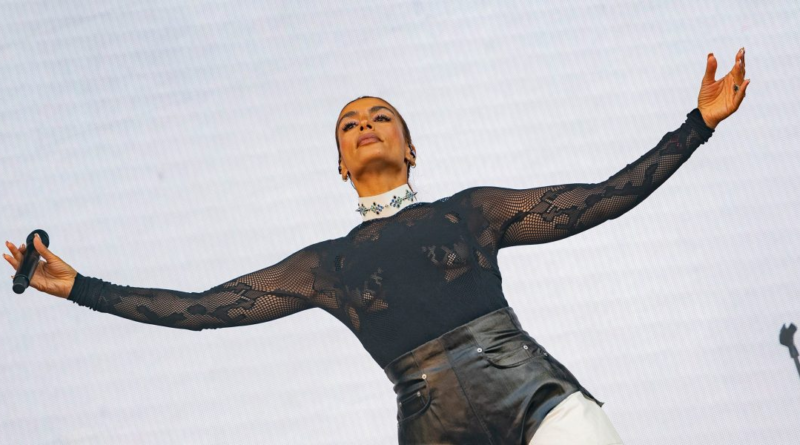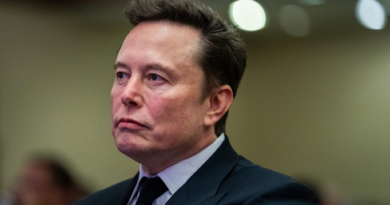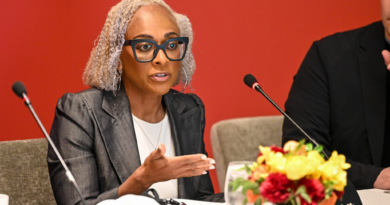Global pop star says she can’t afford to take a week off due to how little she gets paid from streaming
Sevdaliza might have more than 1 million monthly listeners on Spotify, but that doesn’t mean much when it comes to making ends meet. The Iranian-Dutch artist has made waves in the electronic-pop sphere with her experimental music, but that seemingly amounts to a drop in the bucket when it comes to her bank account.
“I have been an independent artist for 12 years releasing music, I’ve built everything including a fanbase without majors, and I still can’t afford to take a week off,” tweeted Sevdaliza, adding that on average, one million streams amounts to an artist being paid $2,500. “Deduct taxes, management and cost of product. How are we expected to ever make music sustainable?” wondered the artist who once collaborated with Grimes.
Sevdaliza’s message was a response to a viral post from another artist, James Blake, regarding the streaming system.
“If we want quality music somebody is gonna have to pay for it,” he said, explaining the waning options for making money. “Streaming services don’t pay properly, labels want a bigger cut than ever and just sit and wait for you to go viral, TikTok doesn’t pay properly, and touring is getting prohibitively expensive for most artists.”
Indeed, streaming has overtaken the music industry—Spotify reported record growth, adding 31 million premium subscribers last year. Much like how royalties checks for actors are slimmer for a Netflix show than a cable one, payouts from these music streaming services don’t have the same impact that physical albums once did. Artist Zoë Keating shared with Business Insider in 2020 that for her, a single stream from Apple Music accounted for $0.012; on Spotify, she’d receive just $0.003 after distributor fees.
No one said making it big was easy, but it seems all the more impossible these days for independent artists to catch a break. The streaming era has made the process all the more grueling as independent artists struggle to make a living in an especially volatile economy.
“If we got paid a meaningful income from streaming, that could be a weekly grocery shop; it could contribute to your rent or your mortgage when you need it the most,” artist Nadine Shah told the New York Times. “That’s why I felt compelled to talk about it. I saw so many artists struggling.” Of course, the creator economy can make it even more difficult to become a star amongst all the short-form competition out there.
Responding to James Blake’s post, Lauren Jauregui (who rose to fame as a member of Fifth Harmony) says that amongst her artist friends, “everyone feels like we have no right to get paid for our work.” Claiming that music is the only industry that’s like this, Jauregui adds that people “conflate popularity or follower count with ‘success’ [so] they can’t conceptualize how extractive and abusive these systems are to us.” In response, Sevdaliza said she was looking to combat the exploitation by potentially “starting a music artist union, that solely advocates for the rights of musicians.”
As it stands, being an artist isn’t tenable, as Sevdaliza describes it. “I have to sacrifice my health and can’t be a present mother, because of our business model,” the artist says. “The thing is, if you want to make it in music, you can’t stop. I love music so much, and I don’t ever want to give up but we don’t get paid for our art. It doesn’t make any sense.”




